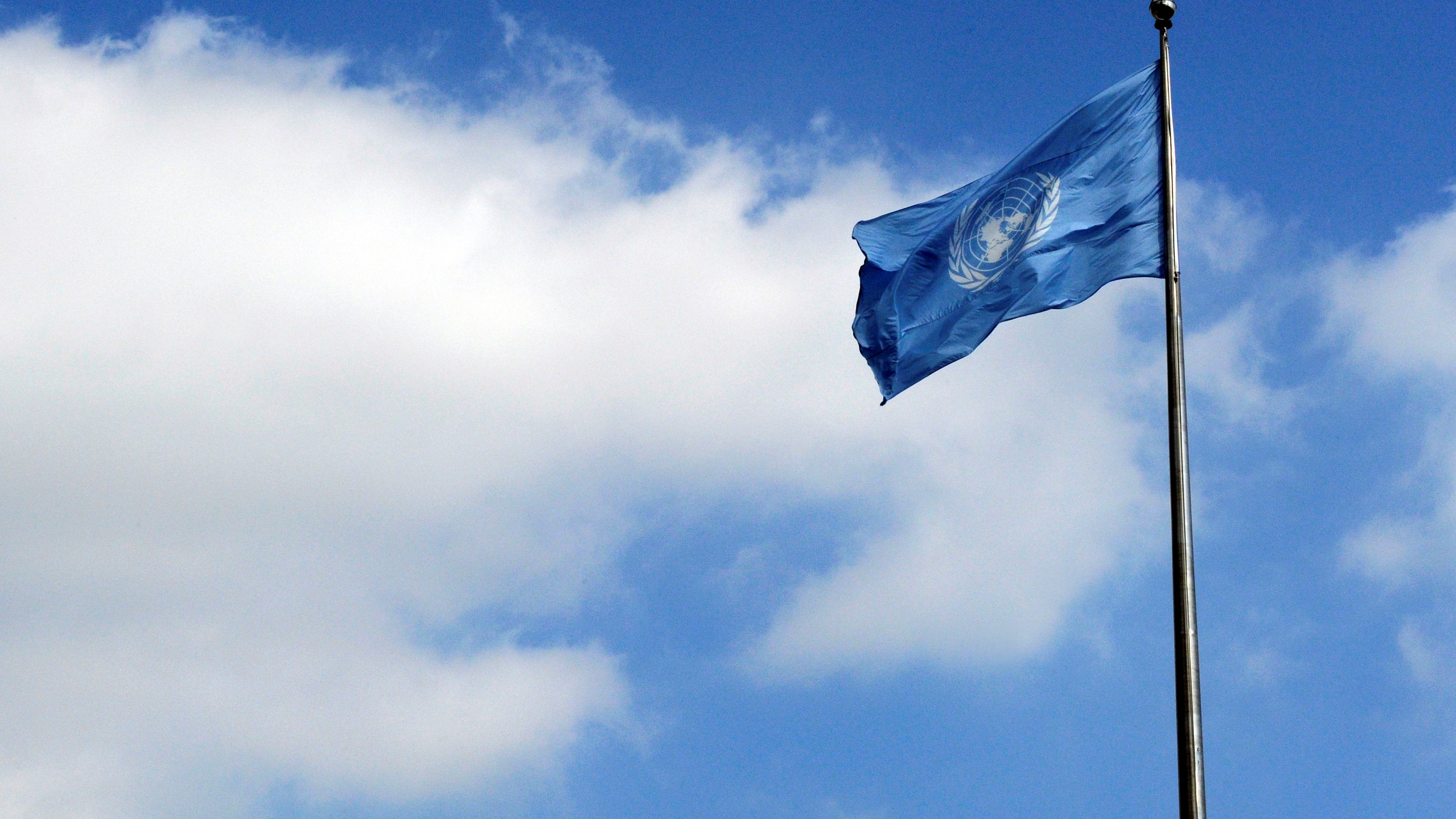
Healthy People and Planet; Why Sustaining All Life Matters in a Post-COVID19 World
DATE & TIME
Start Date & Time-
Monday, May 11, 2020
12:00 pm
LOCATION
Online Webinar
SHARE
DESCRIPTION
COVID-19 will have profound and lasting economic and social consequences. As the engines of growth will begin to rev up again, we need a profound, systemic shift to a more sustainable economy that works for not just humans, but all terrestrial life forms and habitats.
With the current pandemic event, “nature is sending us a message,” said the UN’s environment chief, Inger Andersen. While an immediate priority is protecting people from the virus and preventing its spread, our long-term response must move towards tackling habitat and biodiversity loss. The continued erosion of wild spaces has brought us uncomfortably close to animals and plants which harbor diseases, particularly ones that may transfer to humans.
“Never before have so many opportunities existed for pathogens to pass from wild and domestic animals to people,” she said, adding that 75% of emerging infectious diseases come from wildlife.
Greenhouse gas emissions are down and air quality has gone up, as governments react to the COVID-19 pandemic. However, Andersen cautions against viewing this as a boon for the environment. She insists instead on profound, systemic shift to a more sustainable economy that works for both people and the planet.
Join us from 12:00 noon to 1:00 p.m. EST on Monday, May 11, for this special WebTalkUNA with Inger Andersen, Executive Director of the UN Environment Programme (UNEP), in which she will discuss why sustaining all life on earth matters, because the better we manage nature, the better we manage human health. The discussion will be moderated by Reem Abaza, Spokesperson for the President of the UN General Assembly.



